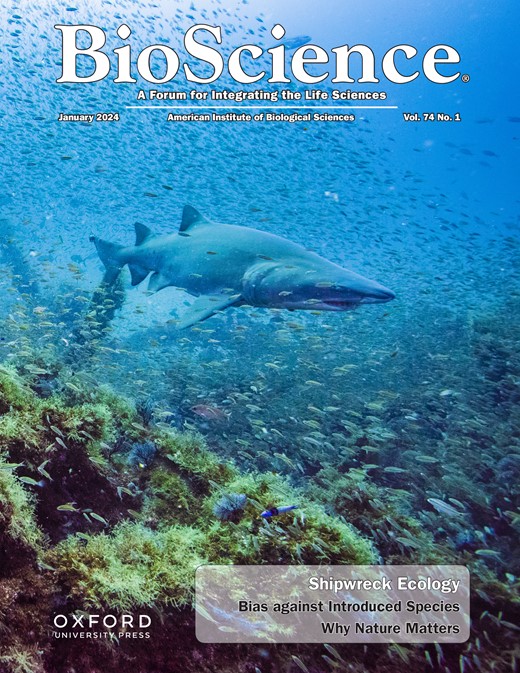Rice Growth Response to Drought Simulation Treatment Using PEG
IF 7.6
1区 生物学
Q1 BIOLOGY
引用次数: 0
Abstract
. Rice is the main food source for Indonesians. The demand for rice to meet people's needs increases every year due to population growth and efforts to improve nutrition by the community. One of the problems that can affect rice production is drought. Drought is an environmental condition when plants do not get enough water to grow and develop optimally, which can cause a decrease in rice production. To find out how rice growth responds to drought, a study was carried out by giving drought simulation treatments using polyethylene glycol (PEG) on several rice varieties. This study used a completely randomized design that was arranged in a factorial manner with two factors. The first factor was the rice varieties (Harum, Situbagendit, Rosna) the second factor was 0% and 20% PEG concentration. The data obtained were then analyzed statistically using a two-way ANOVA test, and if the results were significantly different, then proceed with Duncan's test at the 5% level.The results showed that the drought simulation treatment had a negative effect on rice growth. Drought simulation treatment using 20% PEG resulted in a decrease in Kadar air relatif (KAR), root length, plant height, and root dry weight of rice. The highest decrease in KAR was found in the sensitive rice variety (Rosna), which was 43.42%. The highest average root length (7.99 cm) was on the sitabaendit variety, and the lowest (5.61) was on the rosna variety. The highest average crown height (17.32 cm) and the lowest (6.61) were on the rosna variety.水稻生长对使用 PEG 进行干旱模拟处理的响应
.大米是印度尼西亚人的主要食物来源。由于人口增长和社会为改善营养状况所做的努力,满足人们需求的大米需求量逐年增加。干旱是影响大米生产的问题之一。干旱是一种环境条件,当植物得不到足够的水分以最佳状态生长发育时,就会导致水稻减产。为了了解水稻生长对干旱的反应,研究人员使用聚乙二醇(PEG)对多个水稻品种进行了干旱模拟处理。这项研究采用了完全随机设计,以因子方式安排了两个因素。第一个因素是水稻品种(Harum、Situbagendit、Rosna),第二个因素是 0% 和 20% 的 PEG 浓度。然后使用双向方差分析对所获得的数据进行统计分析,如果结果存在显著差异,则在 5%的水平上进行邓肯检验。结果表明,干旱模拟处理对水稻生长有负面影响。使用 20% PEG 进行干旱模拟处理会导致水稻的 Kadar air relatif(KAR)、根长、株高和根干重下降。敏感水稻品种(Rosna)的 KAR 降幅最大,为 43.42%。平均根长(7.99 厘米)最高的是 sitabaendit 品种,最低的是 Rosna 品种(5.61 厘米)。平均冠高最高(17.32 厘米),最低(6.61 厘米)的是 Rosna 品种。
本文章由计算机程序翻译,如有差异,请以英文原文为准。
求助全文
约1分钟内获得全文
求助全文
来源期刊

BioScience
生物-生物学
CiteScore
14.10
自引率
2.00%
发文量
109
审稿时长
3 months
期刊介绍:
BioScience is a monthly journal that has been in publication since 1964. It provides readers with authoritative and current overviews of biological research. The journal is peer-reviewed and heavily cited, making it a reliable source for researchers, educators, and students. In addition to research articles, BioScience also covers topics such as biology education, public policy, history, and the fundamental principles of the biological sciences. This makes the content accessible to a wide range of readers. The journal includes professionally written feature articles that explore the latest advancements in biology. It also features discussions on professional issues, book reviews, news about the American Institute of Biological Sciences (AIBS), and columns on policy (Washington Watch) and education (Eye on Education).
 求助内容:
求助内容: 应助结果提醒方式:
应助结果提醒方式:


